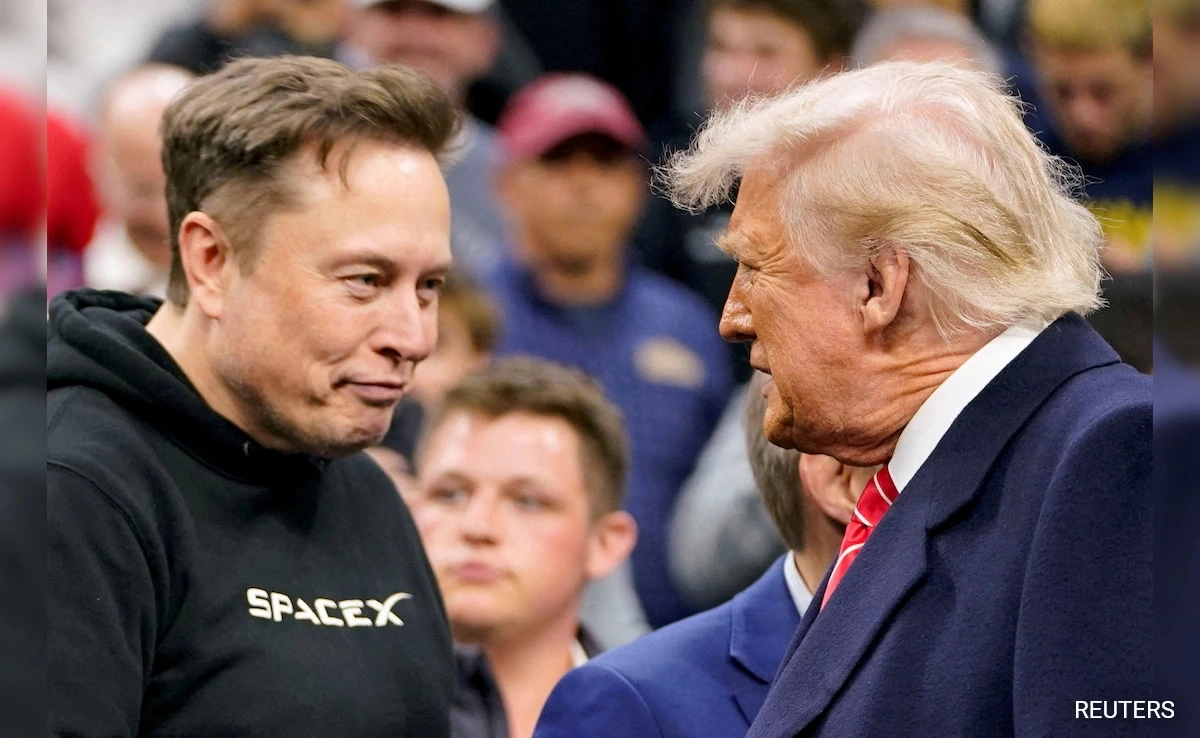Gita Gopinath, the Chief Economist at the International Monetary Fund (IMF), has voiced strong criticism regarding the tariffs imposed by former President Donald Trump during his administration. In a recent analysis, Gopinath described these tariffs as contributing to a “negative scorecard” for the U.S. economy. She emphasized that the tariffs, which were intended to protect American industries from foreign competition, have instead led to increased costs for consumers and disrupted supply chains. The economic fallout from these trade policies has been significant, affecting not only domestic businesses but also the global economic landscape.
According to Gopinath, the implementation of tariffs has resulted in rising prices on a range of goods, ultimately burdening American consumers. She pointed out that the initial objective of these tariffs—to stimulate domestic production—has not materialized as anticipated. Instead, many U.S. companies found themselves facing higher input costs, which in turn have been passed down to consumers. This has raised concerns about inflation and its impact on purchasing power, particularly for lower and middle-income households who are more sensitive to price changes.
Furthermore, Gopinath highlighted the broader implications of Trump’s trade policies on international relations and global trade dynamics. The tariffs led to retaliatory measures from other countries, escalating trade tensions and creating an environment of uncertainty in international markets. This atmosphere has, according to her analysis, stifled investment and economic growth. The interconnected nature of the global economy means that protectionist measures can have ripple effects, and as such, the long-term consequences of these tariffs are likely to be felt beyond U.S. borders.
In light of these observations, Gopinath’s critique serves as both a reflection on the past and a cautionary tale for future economic policies. As the world continues to recover from the impacts of the COVID-19 pandemic, the lessons learned from the tariff era are crucial for policymakers. Gopinath advocates for a more cooperative approach to international trade, arguing that collaboration and open markets are essential for sustainable economic growth. By moving away from protectionism and fostering a more integrated global economy, nations can better navigate the complexities of modern trade and ensure a more resilient economic future.




